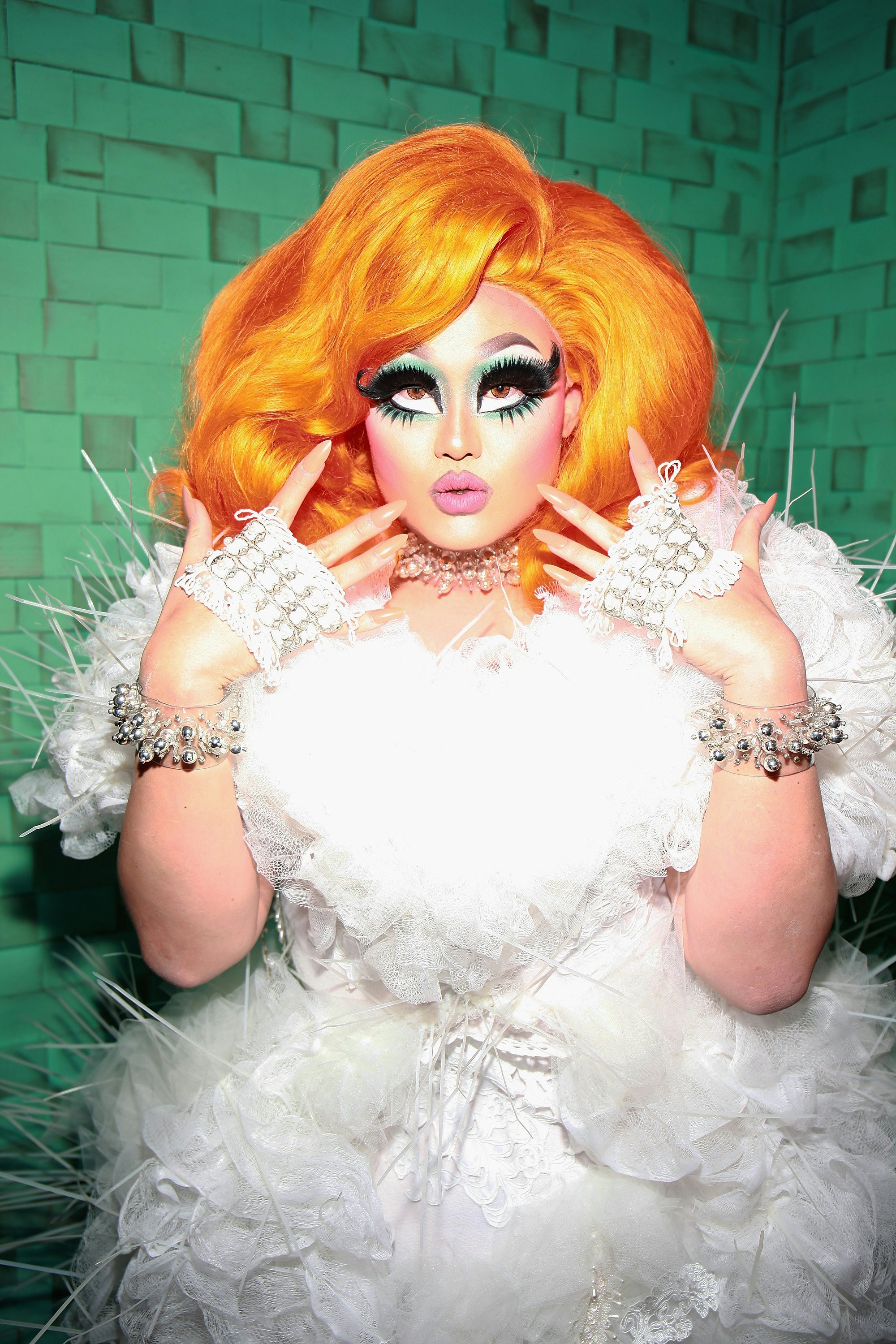

I myself have been rejected from entering competitions and pageants purely because I'm a King. I find that clubs and nights will always book a Queen over a King because maybe they think it'll get more butts in seats, that they'll sell more tickets. Kings have always been around we've just maybe not been as loud as our sisters, so to speak. "Maybe it's because our community is male orientated. Could this be the reason why drag kings are seemingly not as 'popular' as drag queens? Is our LGBTQI+ entertainment catered more for gay males than our community on the whole? Donnamarie Carol, who performs as drag king Eli Buck, said:

I also believe there is a possibility that in a patriarchal society women taking on masculine roles and identities may be perceived by the media as threatening as they like to keep us all in our little boxes."ĭrag kings are usually exaggerated male characters and can often be found performing in mixed drag nights alongside drag queens where they are the sole king. Drag king performer Katrina Clifford, stage name Richard Reckless, elaborated a bit more on this, "I don't think drag kings are as prevalent in the media because although drag kinging is a profession that goes back to Victorian times and vaudevillian theatre with the likes of Vesta Tilley, we haven't had as much coverage in television and film in recent years. Today, pantomimes are a popular place to see women performing in men's roles - such as Dick Whittington and Prince Charming. Women such as Vesta Tilley and Hetty King were renowned for their music hall performances and adored by men and women alike. In the 1800s up until the early 1900s, drag kings were celebrities. I've chosen some of my favourite pieces from Dragging Gender and scattered them throughout the article to give a more intimate perspective.įor this blog I spoke to some incredible drag kings about what being a drag king means to them, why they think they're not as prominent in the public eye and whether or not they actually want the recognition. I'm a huge fan of this project as it is an ode to the incredible creativity and art that goes into being a drag king. Dragging Gender explores gender in all its beautiful forms and covers the grey area between male and female. That said, bit by bit the scene is gaining more exposure, Lucy Le Brocq, a Brighton photographer who recently unveiled a photo exhibition on the drag king transformation process. But how many people can say they've seen a drag king performance? Possibly the most famous depiction of drag king life in the British mainstream media was, and still is, the BBC's adaptation of Sarah Water's novel Tipping the Velvet released in 2002 - fifteen years ago! I'd like to let you know that drag kings are alive and well in the UK - they're just not as prevalent or not at all prevalent in the media. Unless you've been a hermit for your entire life, the chances are you'll know that drag queens exist and you may have seen a few performances.


 0 kommentar(er)
0 kommentar(er)
